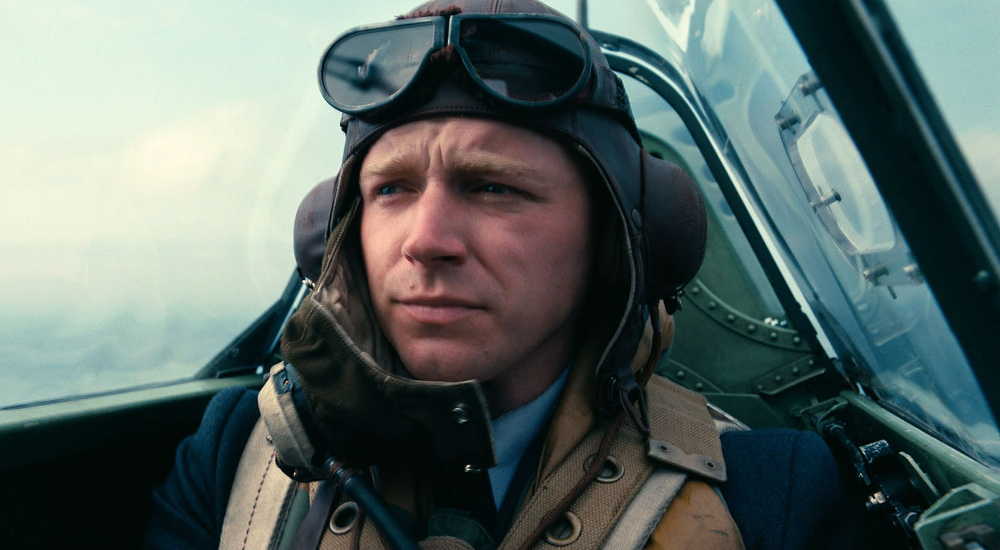Dunkirk has been one of the most successful movies of the summer – at least for one that's not based on a comic book – earning nearly $150 million domestically so far. But as with any historical film, there's always the question of just how much liberty it takes with the facts.
Personally, with Dunkirk being one of my top two movies of the year thus far, its accuracy or lack thereof isn't of much concern. After all, this is a relentless film that covers multiple timelines within the 9-day evacuation. It manages to sustain tension throughout the entire film, one that's much shorter and tighter than Nolan's recent epics.
But British historian Norman Franks, author of the book Air Battle for Dunkirk, had a few bones to pick.
“If you are looking for entertainment, this movie is excellent,” he said. “It will prove an exciting and noisy two hours, and it keeps the audiences full attention. However anyone with a modicum of knowledge regarding of the events that took place at Dunkirk would find much to question.”
I can personally say that (very few) people I've talked to who didn't enjoy the film brought up this point specifically. Since the evacuation took place long before the U.S. got involved in World War II, it doesn't get covered in our history books, at least not compared to later events in the European Theater. A movie like Dunkirk perhaps could have benefitted from adding a little more detail and context for American audiences.
Many of Franks' quibbles with the film stem from Nolan's decisions that made dramatic impact at the expense of accuracy. While the image of all the civilian boats arriving at the same time is sure to rouse even the most cold-hearted viewer, obviously the boats would have arrived at varying intervals, depending on their size and power of their watercraft. And while everyone breathed a sigh of relief when Jack Lowden is rescued from his sinking Spitfire, in real life he wouldn't have made it that long.
But Franks had plenty of praises to sing for the film, too. Spitfires only had about 16 seconds of firepower in each burst, so they had to conserve their ammunition. Nolan accurately captured this detail, even if his cat-and-mouse between Tom Hardy and a German pilot wouldn't have been a solo affair. The sound mixing was also stellar, with Franks noting the Stuka dive bombers really were that loud and ominous.
While it's not rife with inaccuracies like some other Oscar contenders, Christopher Nolan certainly took some creative license with the story and the abilities of the machines involved. But overall, Dunkirk is an impressive tribute to the Allied forces who were stuck on that beach and the English civilians who answered the call to action.

